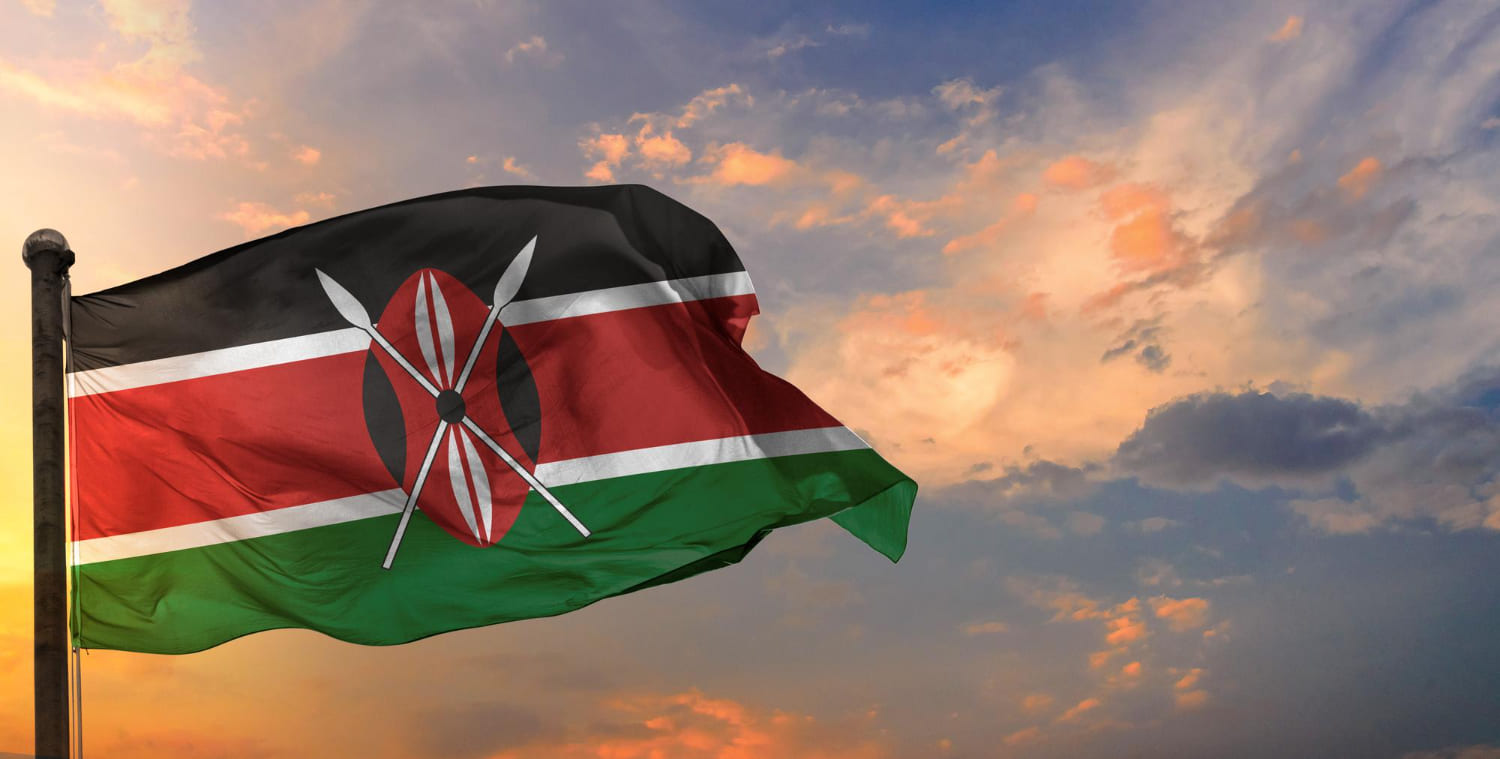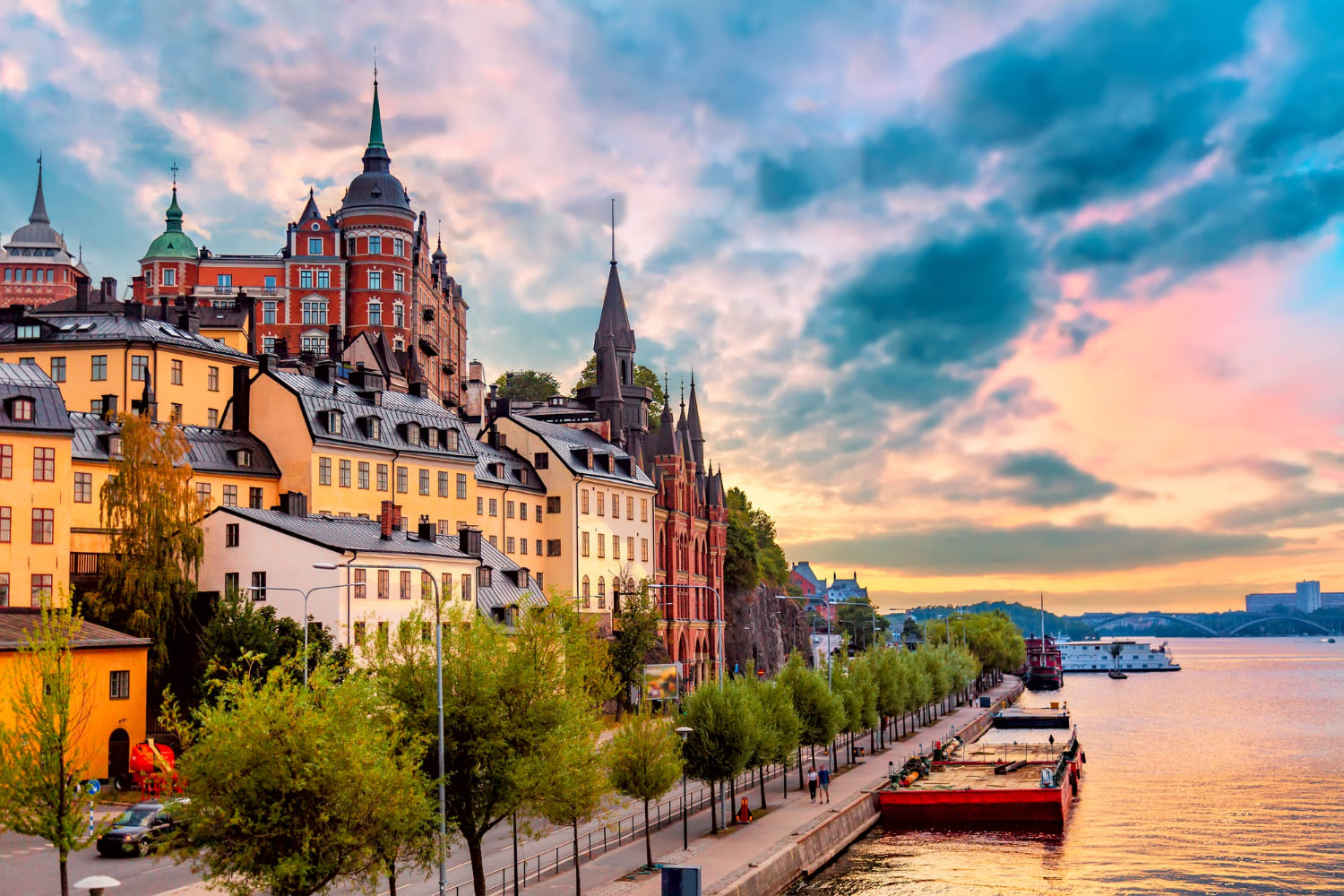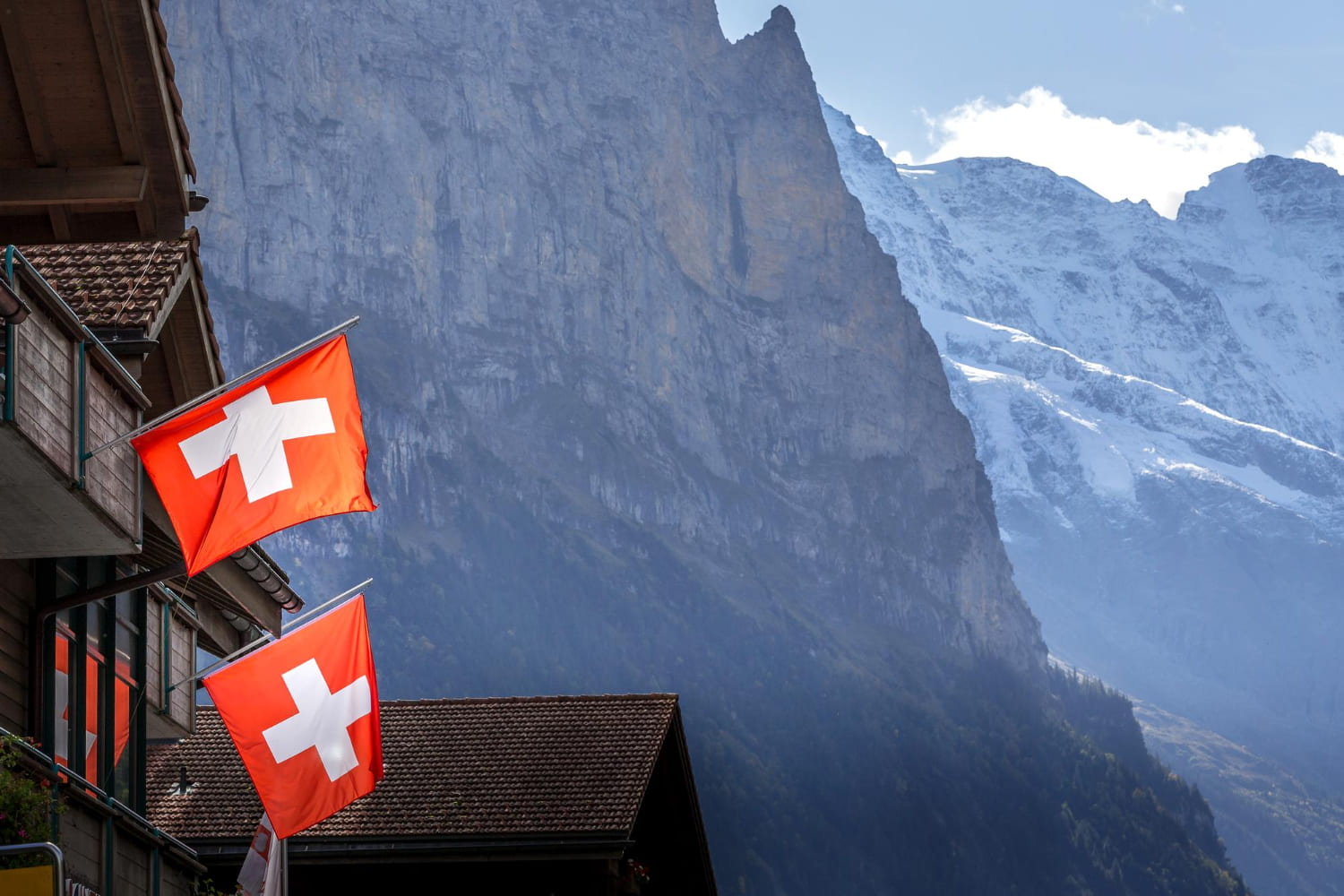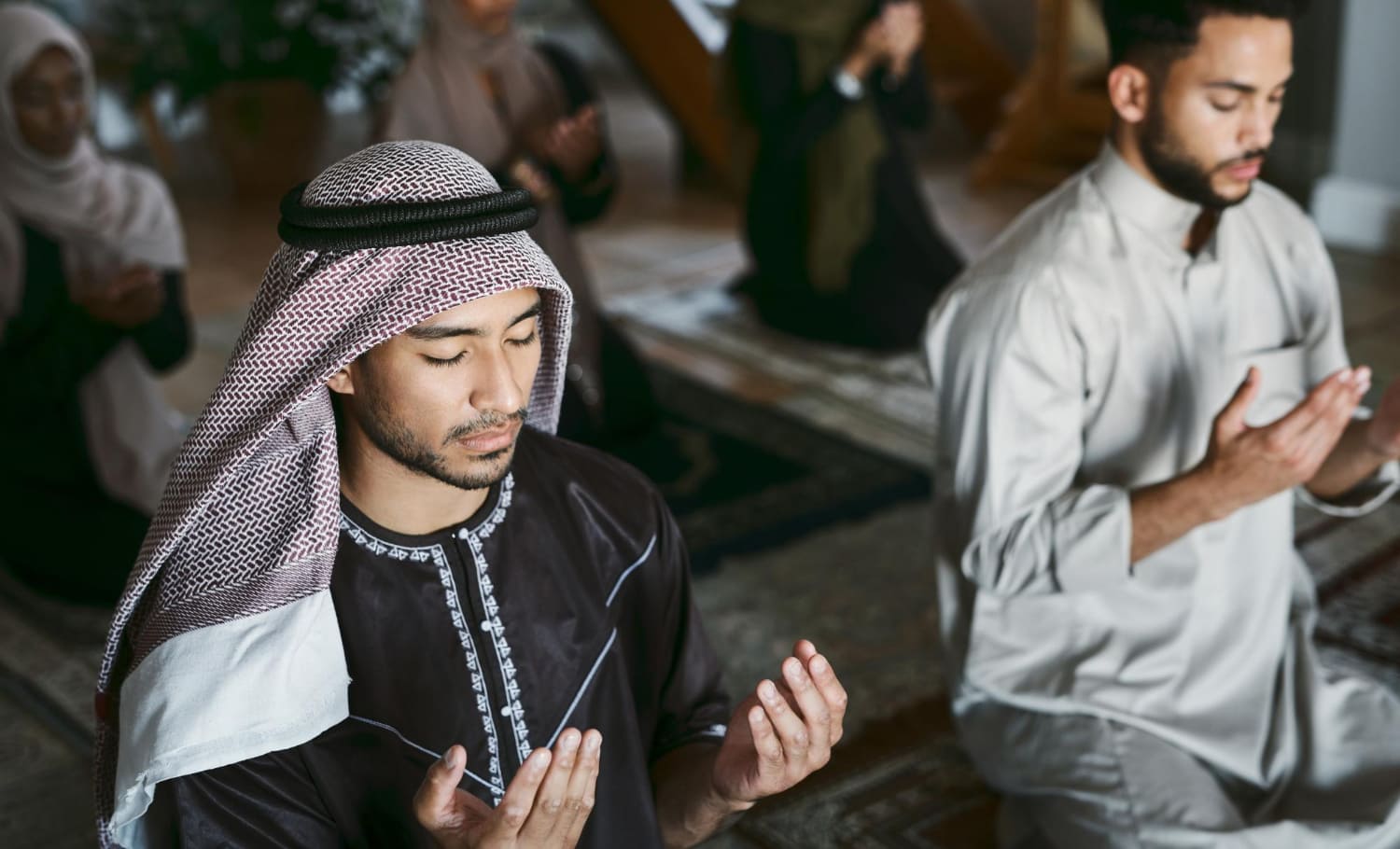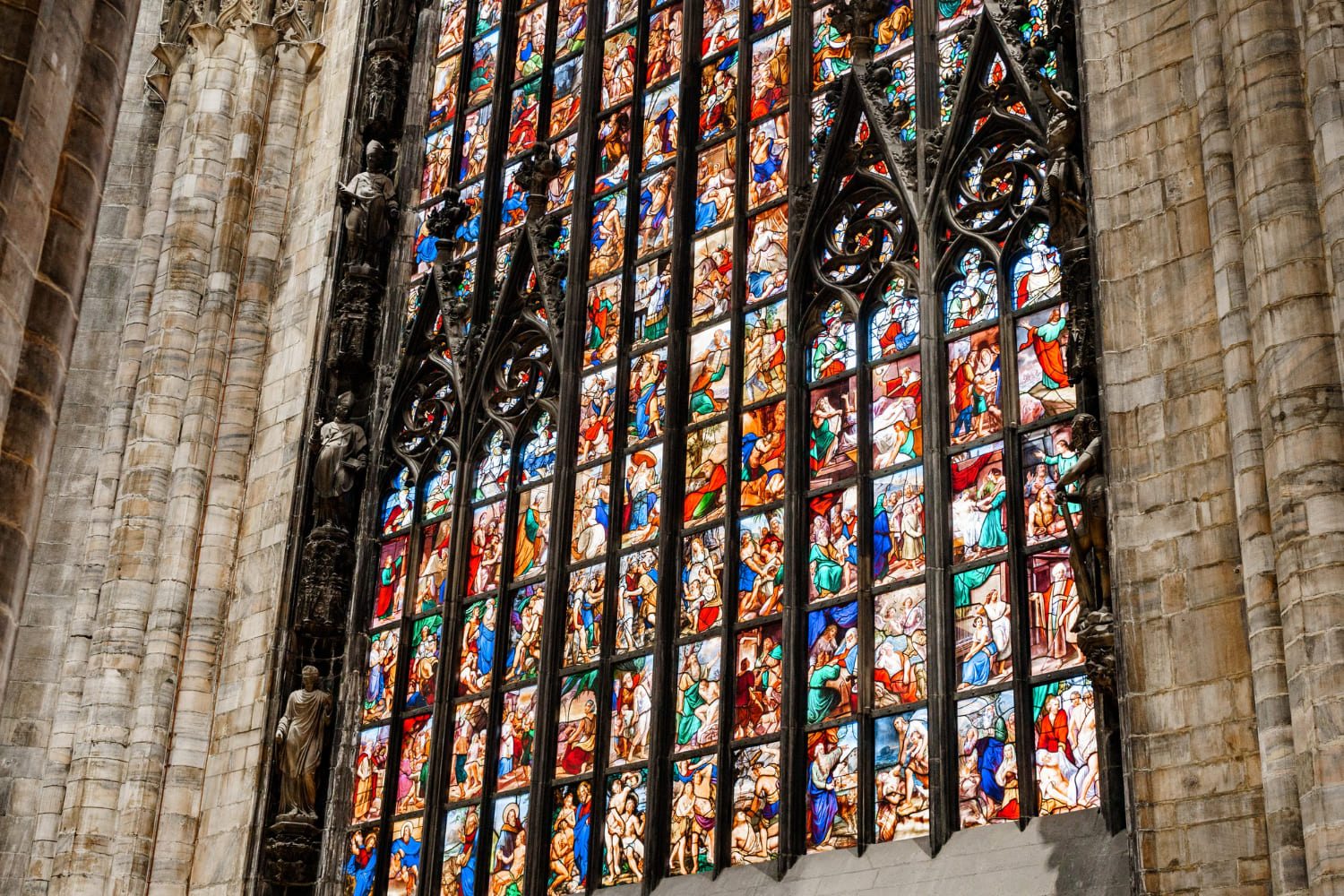Zimbabwe is a country located in southern Africa, with a population of approximately 15 million people.
The country has a rich cultural heritage, with a diverse mix of ethnic groups, languages, and religions.
Christianity is the most widely practiced religion in Zimbabwe, with Protestantism being the largest denomination.
Other religions practiced in Zimbabwe include African traditional religions, Islam, and Hinduism.

69.2 percent of Zimbabweans belong to Protestant Christianity, while 8.0 percent are Roman Catholic.
Other Christian denominations make up 5.3 percent of the population, while traditional African religions are practiced by 1.5 percent of Zimbabweans.
Islam and other religions each make up less than 1 percent of the population, and 10.5 percent of Zimbabweans do not identify with any religion.
These statistics show that Christianity is by far the dominant religion in Zimbabwe.
- Overview of Religions in Zimbabwe
- Christianity Dominance
- Indigenous Beliefs and Syncretism
- Minority Religions
- Demographics and Statistics
- Population Distribution by Religion
- Trends and Changes Over Time
- Influence of Religion on Zimbabwean Society
- Religion and Politics
- Religion and Education
- Religion and Cultural Practices
- Notable Religious Movements and Leaders
Overview of Religions in Zimbabwe

Zimbabwe is a country with a rich cultural heritage and diverse religious practices.
The majority of Zimbabweans practice Christianity, while a small percentage follow indigenous beliefs and other minority religions.
Christianity Dominance
Christianity is the most widely practiced religion in Zimbabwe, with over 80% of the population identifying as Christians.
The majority of Christians in Zimbabwe belong to Protestant denominations, with the Apostolic and Pentecostal churches being the most prominent. The Roman Catholic Church also has a significant following.
Indigenous Beliefs and Syncretism
Indigenous beliefs and practices are still prevalent in Zimbabwe, particularly in rural areas.
These beliefs are rooted in the country’s traditional culture and are often blended with Christian practices in a syncretic manner.
Zimbabweans who follow indigenous beliefs often believe in ancestral spirits and the power of traditional healers.
Minority Religions
Zimbabwe is also home to a small number of minority religions, including Islam, Judaism, and Hinduism. These religions have a small but dedicated following in the country.
In conclusion, Zimbabwe is a country with a diverse religious landscape, with Christianity being the dominant religion, followed by indigenous beliefs and other minority religions.
Demographics and Statistics
Population Distribution by Religion
Zimbabwe is a country with a diverse religious landscape.
Christianity is the most widely professed religion in Zimbabwe, with 86% of the population identifying as Christian.
Among Christians, Protestants are the largest denomination, making up 69.2% of the population, followed by Roman Catholics at 8.0%. Other Christian denominations make up 5.3% of the population.
Apart from Christianity, traditional religions are also prevalent in Zimbabwe. The 2015 survey found that 1.5% of the population identifies with traditional religions, while Muslims make up only 0.5% of the population.
Additionally, 10.5% of the population reported having no religious affiliation.
Trends and Changes Over Time
Over the years, the religious landscape of Zimbabwe has undergone significant changes.
For instance, in 1975, the majority of Zimbabweans identified as members of traditional religions. However, by 2015, traditional religions had declined to just 1.5% of the population.
On the other hand, Christianity has grown significantly in Zimbabwe over the years. In 1975, only 29.5% of the population identified as Christian, compared to 86% in 2015.
This growth can be attributed to various factors, including the work of missionaries, the influence of colonialism, and the spread of Pentecostalism and other Christian movements.
In conclusion, Zimbabwe’s religious landscape is diverse, with Christianity being the dominant religion, followed by traditional religions and Islam.
The religious demographics have undergone significant changes over the years, with a decline in traditional religions and significant growth in Christianity.
Influence of Religion on Zimbabwean Society
Religion and Politics
Religion plays a significant role in Zimbabwean politics. The ruling party, ZANU-PF, has a close relationship with the Apostolic Faith sect, which is the largest religious group in the country.
This has led to accusations of favoritism towards this group and discrimination against other religious groups.
However, the report also notes that religious leaders have been active in promoting human rights and democratic values in Zimbabwe.
For example, the Zimbabwe Catholic Bishops’ Conference has been vocal in calling for free and fair elections and an end to political violence.
Religion and Education
Religion has a significant influence on education in Zimbabwe. 86% of the population is Christian, and many schools are affiliated with Christian denominations.
This has led to concerns about the exclusion of non-Christian students and the promotion of Christian values in schools.
However, the report also notes that some religious groups have been active in promoting education and literacy in Zimbabwe.
For example, the Seventh-day Adventist Church has established several schools and educational institutions in the country.
Religion and Cultural Practices
Religion has a significant influence on cultural practices in Zimbabwe. The majority of Zimbabweans practice traditional African religions, which often involve ancestor worship and the use of traditional healers.
However, Christianity has also had a significant impact on cultural practices in the country, with many Zimbabweans incorporating Christian beliefs and practices into their traditional customs.
Overall, religion plays a complex and multifaceted role in Zimbabwean society, influencing politics, education, and cultural practices in both positive and negative ways.
Notable Religious Movements and Leaders
Zimbabwe is home to a diverse range of religious movements and leaders, each with their own unique beliefs and practices.
Some of the most notable religious movements in Zimbabwe include:
Apostolic Churches: This is a group of churches that are known for their emphasis on healing and miracles. They are also known for their strict adherence to traditional customs and practices, such as wearing long white robes and abstaining from certain foods.
Pentecostal Churches: These churches are known for their lively and energetic worship services, which often include speaking in tongues and other spiritual gifts. They also place a strong emphasis on the power of prayer and the importance of personal faith.
Roman Catholic Church: The Roman Catholic Church is one of the largest religious denominations in Zimbabwe, with a significant presence in both urban and rural areas. They are known for their strong emphasis on social justice and their commitment to serving the poor and marginalized.
Protestant Churches: Protestantism is the largest religious denomination in Zimbabwe, with a wide range of churches and denominations represented. These churches are known for their emphasis on personal faith and salvation, as well as their commitment to evangelism and spreading the gospel.
In addition to these religious movements, Zimbabwe is also home to a number of notable religious leaders.
Some of the most well-known include:
Emmanuel Makandiwa: Makandiwa is the founder of the United Family International Church, which has a significant following in Zimbabwe and beyond. He is known for his emphasis on miracles and healing, as well as his commitment to social justice and community development.
Walter Magaya: Magaya is the founder of the Prophetic Healing and Deliverance Ministries, which is one of the fastest-growing churches in Zimbabwe. He is known for his emphasis on prophecy and healing, as well as his commitment to entrepreneurship and economic development.
Apostle Ezekiel Guti: Guti is the founder of the Zimbabwe Assemblies of God Africa, which is one of the largest Pentecostal denominations in Zimbabwe. He is known for his emphasis on personal faith and spiritual growth, as well as his commitment to education and community development.
Overall, Zimbabwe is a country with a rich and diverse religious landscape, with a wide range of movements and leaders representing a variety of beliefs and practices.
